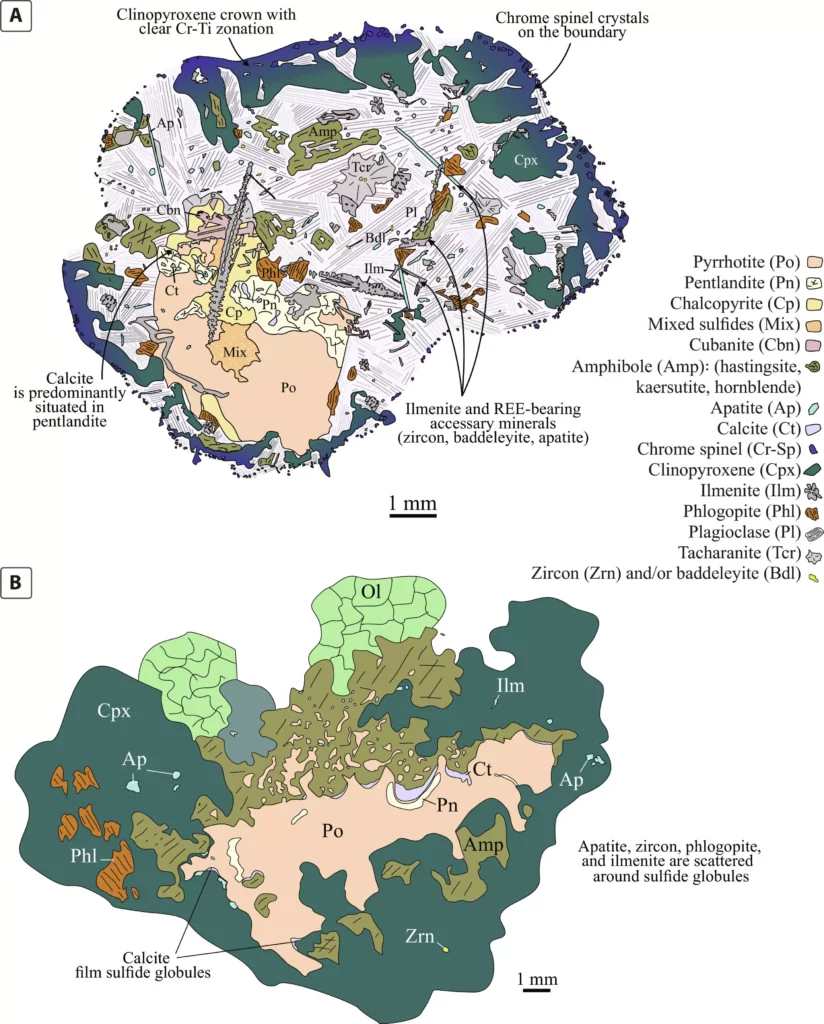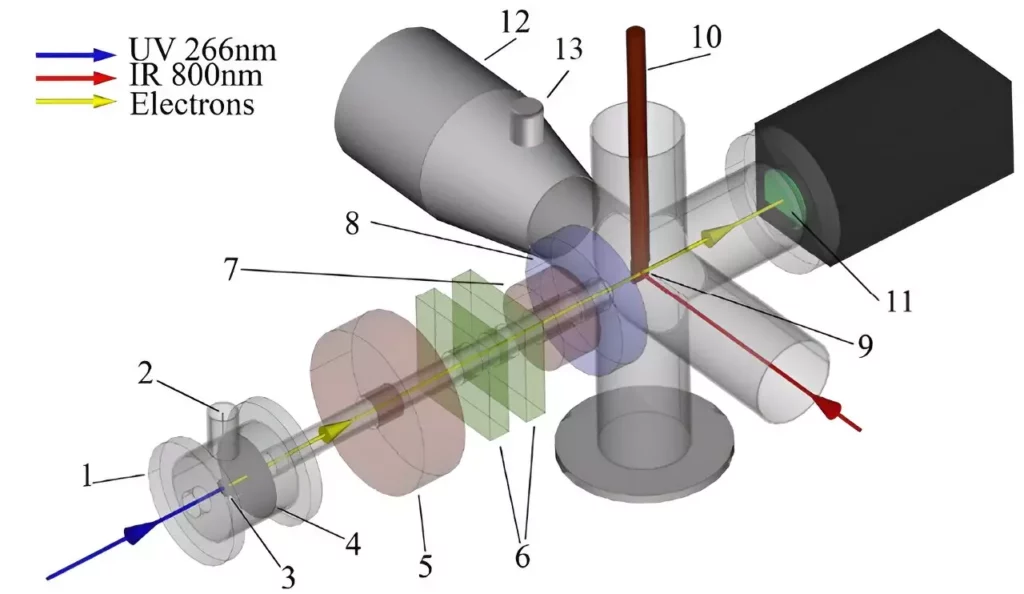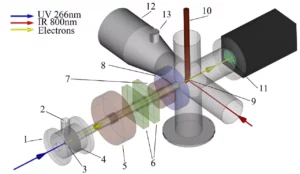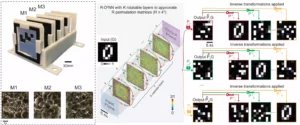The scientific community stands on the brink of a paradigm shift with the advent of an ultra-sensitive, label-free method for detecting and analyzing individual molecules. This breakthrough, originating from the University of Wisconsin–Madison, surpasses previous technological limitations, offering unprecedented clarity into the fundamental interactions that compose our universe. Historically, scientists relied heavily on fluorescent labels
Artificial intelligence-driven advancements have transformed the technological landscape, enabling innovations in every sector from healthcare to finance. However, beneath these impressive strides lies a daunting challenge: the insatiable energy appetite of the infrastructure supporting AI. Data centers, the backbone of our digital world, are enormous energy consumers, often overlooked in their environmental impact. In 2022,
Deep within the Earth, an extraordinary process unfolds—a silent, powerful conveyance of valuable green metals such as nickel, copper, and platinum from the planet’s depths to its surface. Recent groundbreaking research from The University of Western Australia sheds new light on this complex journey, revealing a subtle yet crucial mechanism that enables these metals to
In a groundbreaking stride toward the future of electronics, scientists have unveiled a method of controlling the fundamental properties of materials using different wavelengths of light. This innovative approach does more than just alter a material’s appearance; it fundamentally changes its internal state, opening the door to a new class of ultra-responsive, adaptable materials. Unlike
For decades, Alzheimer’s disease has been a relentless, often devastating chapter in the narrative of aging, with scientists and families alike desperate for breakthroughs. Recently, however, a handful of groundbreaking developments signal that we may be on the cusp of meaningful change. Two novel drugs, donanemab and lecanemab, have shown promise in slowing disease progression,
In recent years, medications like Ozempic and tirzepatide have transformed the landscape of weight loss, igniting hope among millions desperate to shed excess pounds through less invasive means. These drugs, classified as GLP-1 receptor agonists, work by mimicking the hormonal signals that regulate appetite and glucose metabolism. Their rising popularity is undeniable—prescriptions have surged, and
In the grand tapestry of the universe, phenomena like gravitational lensing serve as the universe’s storytelling devices—revealing secrets hidden in the depths of space and time. Among these celestial tales, Einstein crosses stand out as extraordinary instances where the warping of light by massive gravitational fields forms symmetrical, cross-shaped images of distant galaxies. These cosmic
The discovery of interstellar comet 3I/ATLAS has ignited both scientific curiosity and public fascination. Unlike typical comets bound within our solar system, 3I/ATLAS hails from beyond, offering a rare glimpse into the composition of other stellar systems. Recent images captured during a total lunar eclipse reveal an intriguing shift in its appearance: a faint, yet
For over six decades, metformin has been the cornerstone of type 2 diabetes management. Its reputation as a safe, cost-effective, and effective medication has made it a global staple. Traditionally, medical science has attributed its efficacy to its ability to suppress hepatic glucose production and enhance insulin sensitivity. However, this understanding has been somewhat superficial,
Historically, asteroid impacts have mostly been associated with destruction — massive blasts obliterating ecosystems and instigating mass extinctions. However, recent scientific insights challenge this one-dimensional view, revealing that such catastrophic events could also serve as incubators for life. When a colossal asteroid collided with what is now Finland 78 million years ago, it not only
Human curiosity about the cosmos often blurs the line between scientific rigor and sensational speculation. Whenever a new celestial object appears near Earth, especially those with peculiar orbits, there’s an immediate rush to interpret these phenomena through the lens of extraterrestrial intelligence. This instinctive leap, while exciting, often distracts from a grounded understanding of orbital
Breast cancer continues to be one of the most daunting challenges in oncology, claiming hundreds of thousands of lives annually despite significant advances in treatment. A troubling reality persists: nearly 30% of patients who initially respond successfully to therapy will face a relapse, often years after the apparent remission. These recurring tumors are fueled by
The pervasive reach of COVID-19 extends far beyond the immediate infection, subtly altering countless facets of human health. Recent research has illuminated an alarming yet overlooked aspect: the profound impact of long COVID on menstrual health. While the focus has historically been on respiratory and systemic symptoms of the virus, new scientific findings emphasize that
For centuries, humanity has viewed the Sun as a model of constancy—a dependable force upon which our calendars, agriculture, and civilizations have relied. Yet, modern scientific inquiry has repeatedly shown that this luminous celestial body is anything but predictable. For decades, predictions about solar activity were rooted in the notion of a relatively steady rhythm
The recent advancements emerging from UCLA’s engineering research have the potential to fundamentally change how we handle data. Moving beyond the traditional electronic hardware, the team led by Professor Aydogan Ozcan has developed a reconfigurable optical network that performs complex permutation operations at lightning speed. This innovation signifies a major step toward leveraging the inherent















